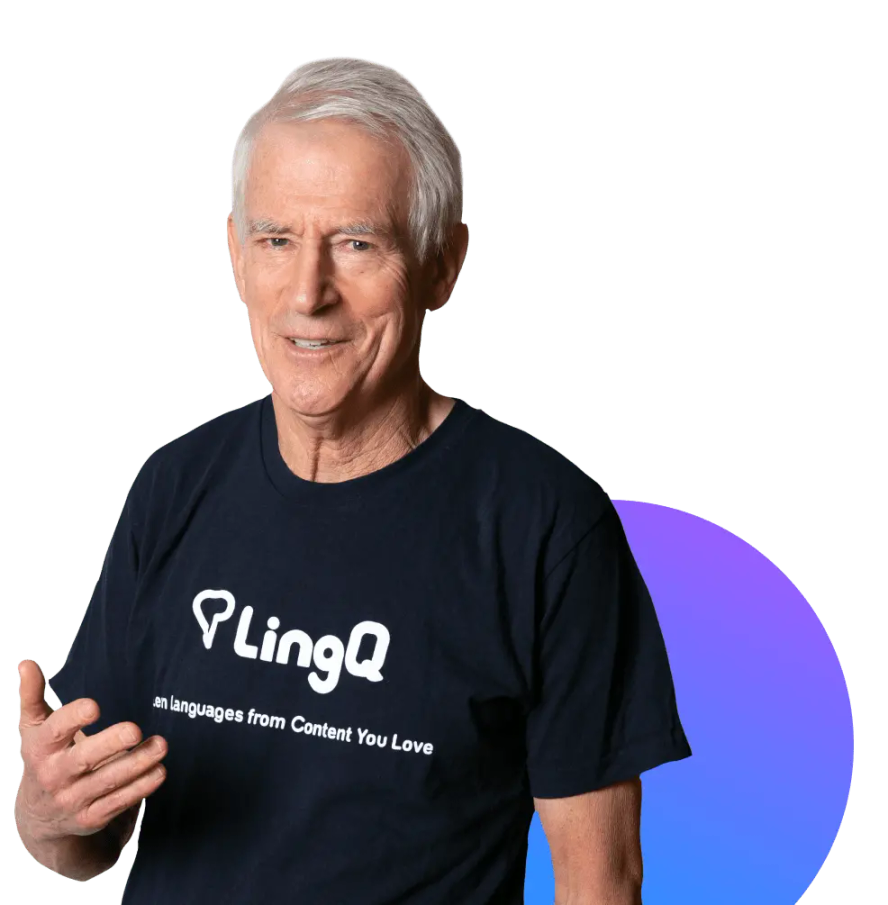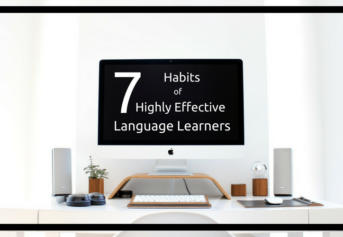
When Should We Start Speaking A Language?
People often ask the question “when” about language learning. “When should I start speaking?” “When should I start reading authentic content?” “When can I say I am fluent?” Or even “When should…


People often ask the question “when” about language learning. “When should I start speaking?” “When should I start reading authentic content?” “When can I say I am fluent?” Or even “When should…

Storytelling is a powerful engine of language acquisition. Apparently Blaine Ray, the originator of TPRS (Teaching Proficiency through Reading and Storytelling), was also the first person to create these circling stories that…

Learning new languages is easier when we have meaningful content. Content we can listen to and read that is interesting and yet somewhat comprehensible, in other words not too difficult. The three part mini-story…

I am starting to believe that memory is not that important when it comes to language learning. I have recently started learning Greek. Most of the words are completely unfamiliar to me,…

TL;DR Summary Assimil is a well-made course with strength in its design and structure, but it’s not a silver bullet. Use it as support, not your only tool.The real value comes when…

L’apprentissage d’une langue dépend principalement de trois facteurs: l’attitude de l’étudiant, le temps disponible et le degré d’intérêt pour la langue. Si nous considérons que l’étudiant a un comportement positif et un…

When we speak in a foreign language, there is a very high probability that we will make mistakes. We make more mistakes when we first start using the language, and gradually the…

People often say to me, “Steve, you’ve obviously got a talent for languages, that’s why you’ve learned so many. Good for you, but I could never do it.”
To which I say, to myself at least, why don’t you try doing it the way I do it? Maybe, rather than a question of talent, it’s a matter of the method that I use. What is my method? It’s really quite simple. It’s the relentless pursuit of words – words that I glean through content that is of interest to me. That’s basically what it boils down to.

In Stephen Covey’s famous book The 7 Habits of Highly Effective People he gives advice for people in many aspects of their lives: advice for managers, for business people and for people generally. His advice can also be applied to language learners, and here’s how.
In my view, there are three divergent approaches, in terms of their emphasis or principal focus, to language learning. This is true whether we learn in the classroom, online or on the street. One approach focuses on input, another on output, and a third on what I would call shortcuts and some people call language hacking techniques. These language hacking techniques include grammar study, studying vocabulary lists and phrase books, heavy use of Flash Cards, ”deconstructing the language”, memory techniques and so forth.